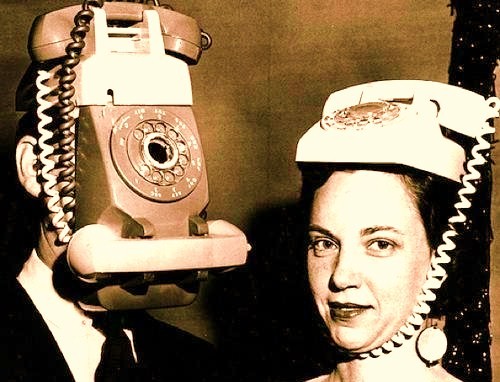The Internet of Things has potential for more good and bad than the regular Internet because it helps bring the quantification and chaos into the physical world. The largest experiment in anarchy in the history will be unloosed in the 3D world, inside our homes and cars and bodies, and sensors will, for better or worse, measure everything. That would be enough of a challenge but there’s also the specter of hackers and viruses.
A small piece from the new Economist report about IoT security concerns:
Modern cars are becoming like computers with wheels. Diabetics wear computerised insulin pumps that can instantly relay their vital signs to their doctors. Smart thermostats learn their owners’ habits, and warm and chill houses accordingly. And all are connected to the internet, to the benefit of humanity.
But the original internet brought disbenefits, too, as people used it to spread viruses, worms and malware of all sorts. Suppose, sceptics now worry, cars were taken over and crashed deliberately, diabetic patients were murdered by having their pumps disabled remotely, or people were burgled by thieves who knew, from the pattern of their energy use, when they had left their houses empty. An insecure internet of things might bring dystopia.
Networking opportunities
All this may sound improbably apocalyptic. But hackers and security researchers have already shown it is possible.•

